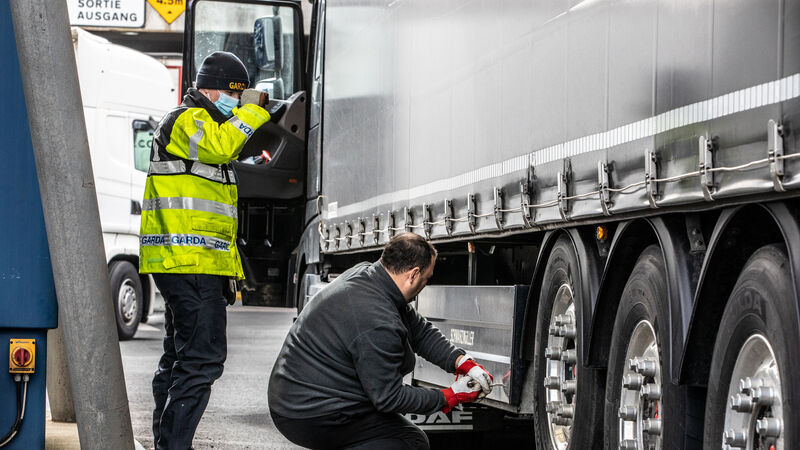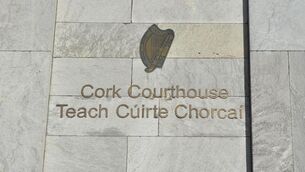Gardaí carry out 126 searches in two days for EU-wide operation targeting human trafficking

A Garda statement said that two further inspections were carried out on June 20 and 21 by the Human Trafficking Investigation and Co-ordination Unit and Garda National Immigration Bureau. File picture: Neil Michael
Gardaí conducted 126 inspections of people, locations, vehicles and documents as part of an EU-wide operation targeting human trafficking and exploitation.
Specialist Garda units were assisted by officers from the Workplace Relations Commission (WRC), Revenue Commissioners and the Department of Social Protection during the inspections. They were carried out on June 16 and 17 last as part of a week-long initiative coordinated by Europol, the EU police agency.











